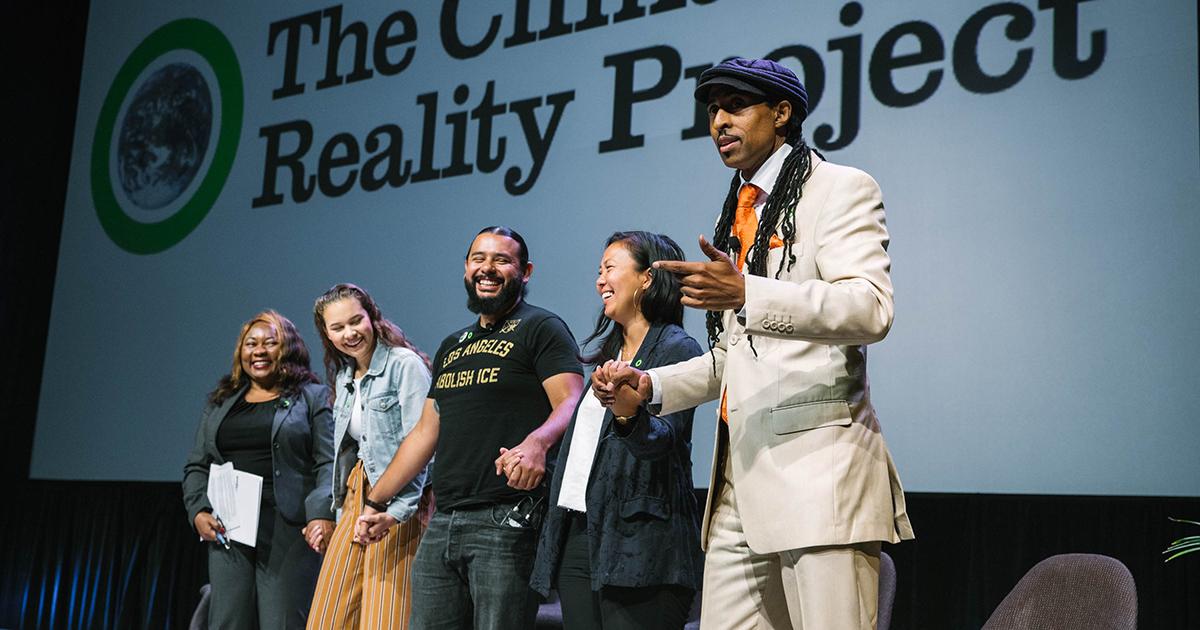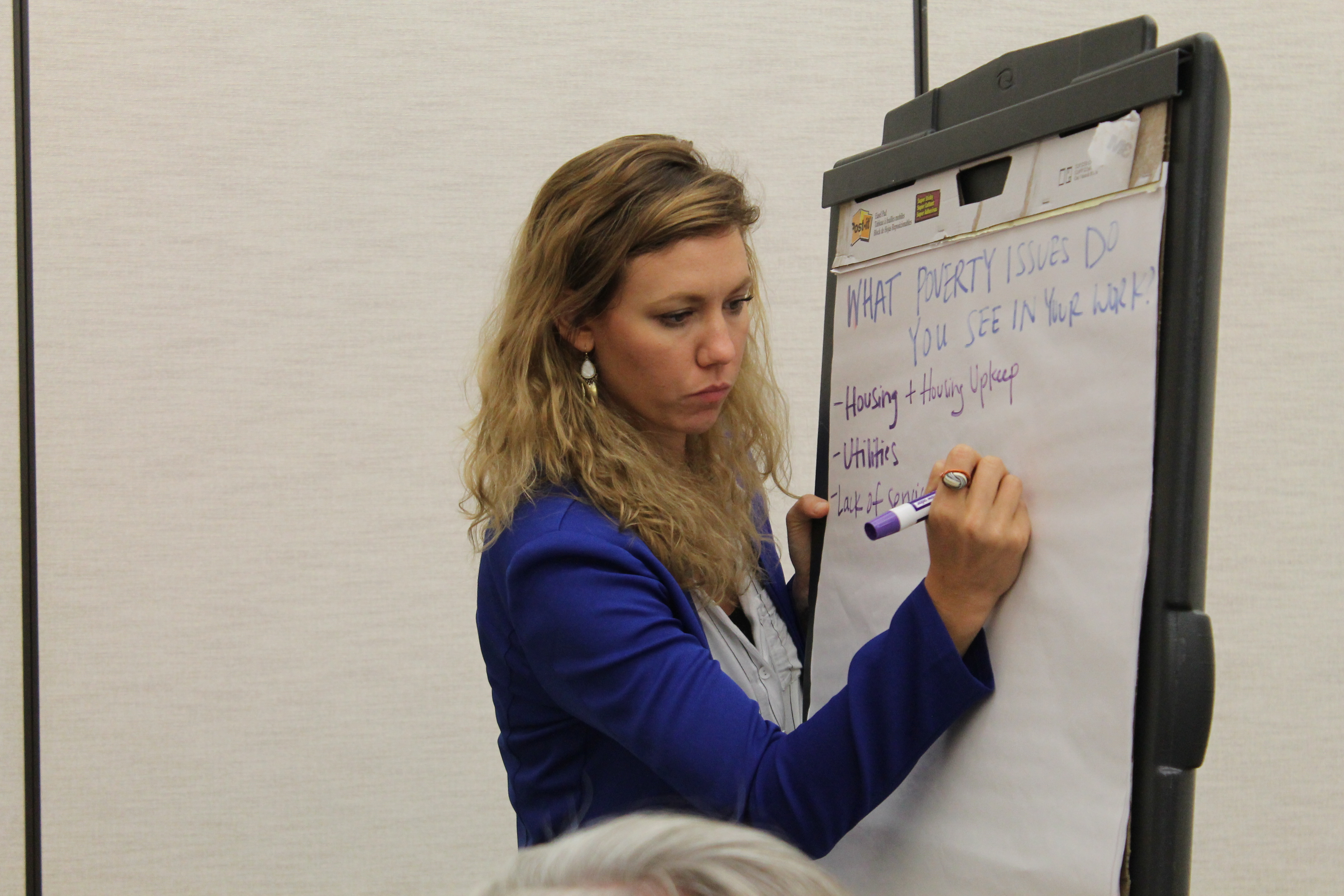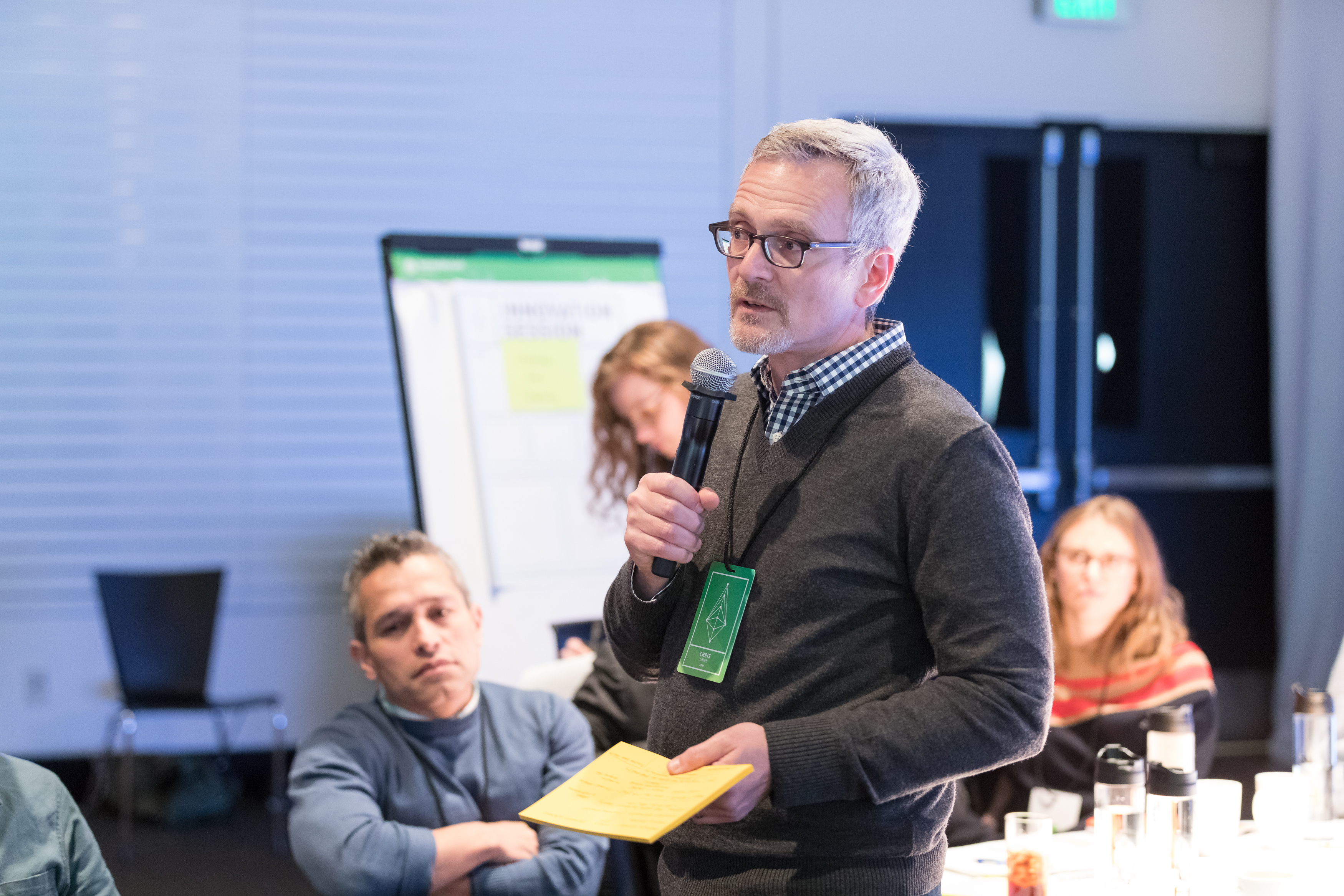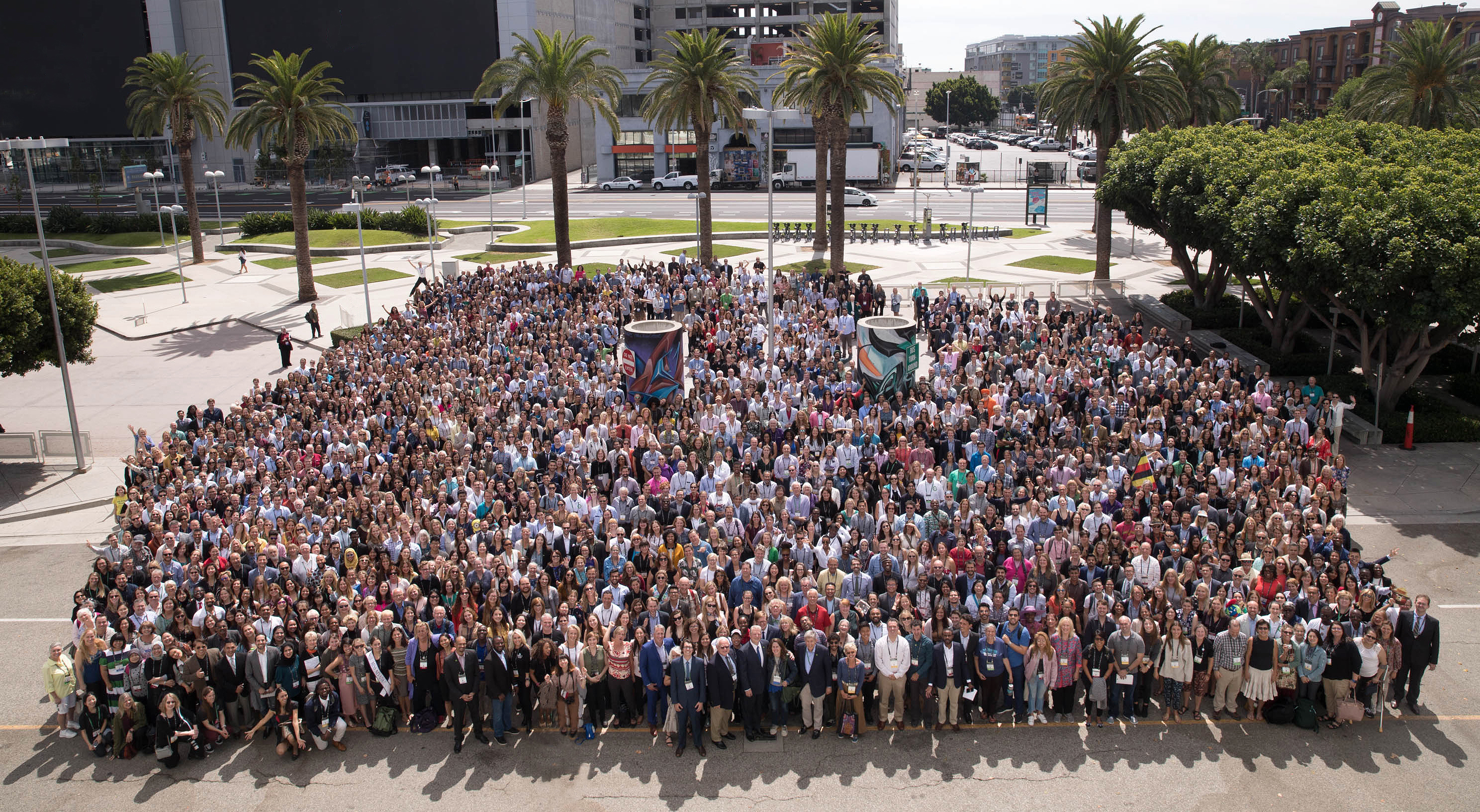The following article was inspired by an interview conversation for 180º of Impact, as shared on Let’s Care: The 180º of Impact Podcast. 180º of Impact is a project to reverse engineer social change through conversations with people changing the world for the better. I hope you listen to the interview on podcast platforms Soundcloud, iTunes, Spotify or Stitcher or watch on Youtube.
Our 2,000 individual bodies stood, linked like steel chain.
Hand in hand, fingers interlocked, we were laced like Nikes ready to march.
Mustafa Santiago Ali, an environmental justice trailblazer and no stranger to commanding a room, stood on stage, mic on his lapel.
“I want you to think about something. Everyday, we see people on the street and we pass them by. Half the time, we’ll pull our cell phone out and it might not even be charged, and we’ll look at our cell phone. What happens when we get on an elevator? We look at those numbers and say, ‘Lord, please don’t let anybody say anything to me while I’m on this elevator’.”
As Mustafa spoke, even in the room of 2,000 energized Climate Reality leaders, you could hear every breath, every exclamation, every guffaw as quiet coated the Los Angeles Convention Center.
“In our country, we create too many silos; we create barriers between ourselves. What changes that dynamic is that, when we talk to each other, we realize that we are all human, have the same sets of needs and desires that everyone else has.”
That day, as Mustafa’s voice boomed into the mic and reverberated throughout the hearts and minds of each problem solver in attendance, we stood with him and for him, though we stood for more than that.
We stood for the environment, our environment, and, even more broadly, for our futures, for the future and for what our road to progress has in store.

One of the barriers I’ve commonly seen on the road to progress is intergenerational. Through 180º of Impact and my work overall, I’ve attended conferences, participated in forums, consumed media, and discovered advisory boards that simply did not reflect the diversity, inclusivity, energy, ingenuity, and innovation that people in their 20s bring to the table.
Often, I’ve been the youngest or one of the youngest in conversations about social and environmental change. While it’s been an honor for me, I know we need to do better.
The reality is, as we start to become the leaders of tomorrow today, more young people need to be brought into those conversations and have the opportunity for dialogue with leaders to empower us to solve our world’s complex problems. There’s no time to waste.
But entering dialogue with the leaders of today requires them to give of themselves, rather than operate in silos. One leader of today championing collaboration and paving the way is Chris Librie.
Chris Librie is the type of person to stop along that road when he sees someone who can use his help. In this regard, his career transition from marketing to impact, including roles as Director of Global Sustainability at SC Johnson, Senior Director of Living Progress at Hewlett Packard Enterprises (HPE), and Head of Global Impact and Giving at eBay, speak volumes.
Even more, beyond job titles, I know Chris would stop along his journey to give of himself, because that’s exactly what he did recently when we sat down for 180° of Impact. Through a conversation with Chris, which I co-hosted with special guest Emily McKeon, a Government Relations Fellow at Feed the Children and MA, International Development Candidate at George Washington University, three things became abundantly clear.

1. To build the future, we need to know our power.
“What’s the one thing that we can really go after and create a positive impact? Footprints about reducing [environmental] impacts and being responsible and materiality to me should be about where we take action. Where’s our North Star?… It becomes something that people can rally around and something that really differentiates you.”
2. To build the future, we need to roll up our sleeves.
“You guys are the future and you guys have a much bigger stake in that future than older people, and it’s up to you to really take action and push for change, because that’s where it’s going to come from.”
3. To build the future, we need to break down silos.
“You should find mentorship in colleagues, in the places where you’re being challenged or moved into something you haven’t had the chance to do before… That to me is the value of mentorship, to challenge your thinking and get you to a better place. In order to be successful in any field, nevermind CSR, I think we all need to be open to that.”
The beauty is that Chris is not alone in giving of himself. In response to a question from expert guest interviewer Emily, Chris mentioned Unilever, Microsoft and Cisco as companies he admires who are moving the needle forward for our planet. In a world where often we look to activists and advocates to drive progress, it’s easy to forget that business can be a force for good.

I think back to the Climate Reality Leadership Training where Mustafa Santiago Ali occupied the stage and held us all captive with his powerful words. That day, he reminded us all of the strength that comes with coming together.
“This scares people that, when we break down these barriers, people can’t manipulate what goes on in our communities anymore,” Mustafa explained. “[They] can’t manipulate what goes on in our country. They can’t tell us that climate change isn’t real because we’re all now coming together. We all know change can and will happen, and that’s why I say we have power.“
I believe Mustafa and I believe Chris.
I believe that this next generation has the power to drive positive change forward. I also believe it’s critical for us to let others see it.
This summer, during San Francisco Design week from June 20th to 29th, I’m creating “20s and Change”, an interview series and (with the right funding) short film series by 20-somethings with 20-somethings (mostly) about 20-somethings (always) and how we, together, can be the change we need to see in the world.
If you believe in the power of 20-somethings, let’s continue this conversation about giving today to shape tomorrow. There’s no time to waste; our future depends on it!


